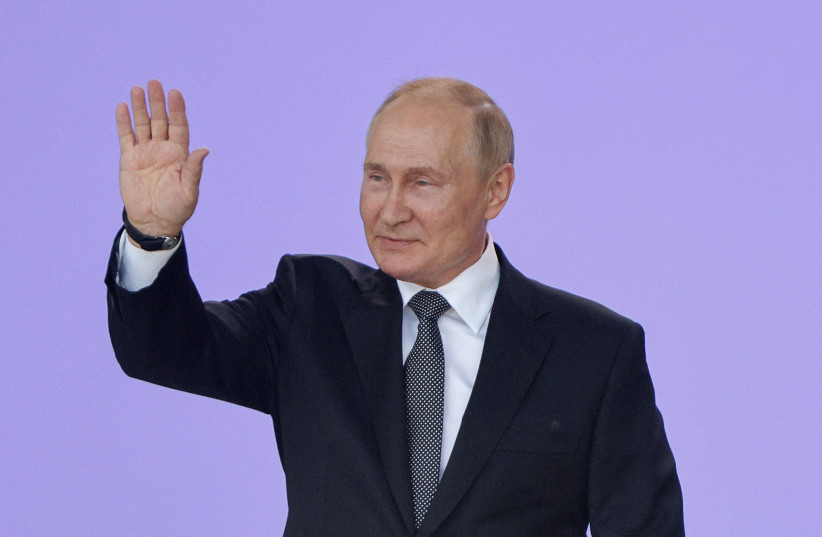Unless it affects me, why should I be concerned? And isn’t it the case that when a person has been expelled from a group or society – when a place is no longer occupied, when a person or a group of people is erased from society’s consciousness – then there is more room for others to fill the void?
To make it easier for the in-group to find peace of mind and come to terms with what they have experienced, a narrative is set up. An attempt is made to explain that everything has its proper place. That the person or group was rightly expelled, arrested or murdered so that the guilty conscience that plagues one disappears.
In the epilogue to her magnum opus “Requiem,” Russian poet Anna Akhmatova reflected, “Every day, every place, I’ll remember them all, I’ll never forget, though new terrors befall”. As one of the driving forces in her life, she strove to preserve the memory of those who suffered injustice at the hands of state tyranny. A century later, history does not repeat itself, but it certainly rhymes. In what resembles a Kafkaesque nightmare, jailed Kremlin-critic Alexej Navalny has not only just been sentenced to nine more years in prison but could see his sentence be extended by another 15 years – in Russia, people laugh through their tears.
Indifferent to what is happening
Meanwhile, Russian elites at home and abroad seem to be indifferent to what is happening inside their country, which is pursuing an imperial war of aggression against peaceful Ukraine. To name but a few, public figures, societies that seek to represent the young generation and dialogue formats, managers of international corporations, journalists, scientists, politicians and diplomats fill the empty spots of the expelled, arrested and murdered who were part of society before. And yet, most remain silent.
To avoid losing faith in humanity, and it may also be part of the psychology of humans – something the Russian writer Fyodor Dostoyevsky would have most accurately described – we sometimes look for the best in the worst. Correspondingly, the greatest legacy and gift of President Vladimir Putin’s era to posterity will be the memory that there was resistance and that some Russians did not look the other way. Eventually, a day of reckoning will come and Russians will be reminded of the extraordinary stories of hope, courage and determination, which are of greater value to the Russian people than any riches in the world. And the Russian people will be the envy of the world.

The German poet Bertold Brecht was credited with saying that a person is only genuinely dead when no one thinks of him or her anymore. Remember these names, for they are patriots and the good conscience of the Russian Federation:
Vladimir Kara-Murza, Dmitry Gudkov, Leonid Volkov, Yuri Samodurov, Kira Yarmysh, Garry Kasparov, Yevgeny Chichvarkin, Dmitry Bykov, Leonid Nevzlin, Mikhail Khodorkovsky, Yuri Dmitriev, Alexei Navalny, Alexei Pichugin, Yevgeny Chichvarkin, Sergei Guriev, Andrei Pivovarov, Lyubov Sobol, Olga Misik, Vasily Aleksanyan, Boris Nemtsov, Anna Politkovskaya, Sergei Magnitsky, Natalya Estemirova, Stanislav Markelov and Anastasia Baburova.
Today they may still be mocked, despised, persecuted and murdered, but tomorrow – and history is on their side – they will be national heroes.
The writer is a mid-career professional in government and government-related sectors. He campaigned to free and shed light on cases of political prisoners in Russia, such as those pertaining to the cases of Mikhail Khodorkovsky and Sergei Magnitsky. He graduated summa cum laude in government at Reichman University and is pursuing his PhD in international relations.
